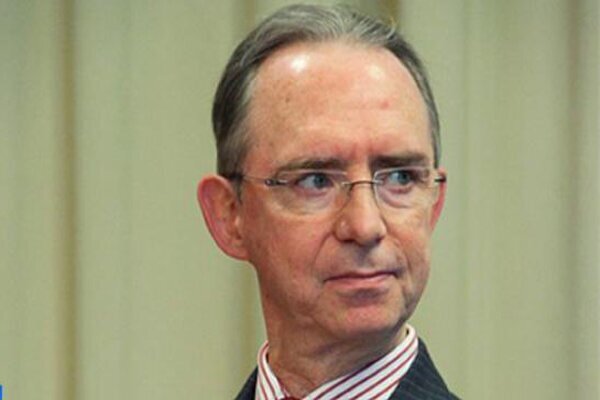
First round of indirect talks between Iran and the US on Iran's nuclear program ended in Muscat on Saturday.
To shed more light on the issue and the road ahead we reached out to Marc Finaud a senior advisor and associate fellow at the Geneva Centre for Security Policy (GCSP) and former French diplomat.
Here is the full text of the interview:
The Iran-US talks ended in Oman in a constructive and good atmosphere. What is your assessment?
Apparently, both sides and the mediator expressed satisfaction for this session that took place in a cooperative spirit. This paves the way for the resumption of the talks and serious negotiations. It is a good sign that an agreement would be in the interest of both parties and could prevent any military escalation but would on the contrary open the door for the lifting of US sanctions in exchange for verifiable assurances that Iran will not weaponize its nuclear program.
Iranian Foreign Minister Abbas Araghchi announced that the talks will continue next Saturday. He said: “If we can finalize the basis in the next meeting, I think we have covered a lot and we can start real talks.” What is your assessment of these words?
This confirms that the current, more political talks are designed to launch a new, more technical negotiation process with experts on nuclear issues. If the basis of such talks is agreed upon, as it happened also in Oman between the US under Obama and Iran before the JCPOA, it will certainly facilitate an agreement. But as usual, the devil is in the details, so in order to be mutually acceptable and sustainable, the new agreement will need to include many specific provisions on how to reverse the current trend in the Iranian nuclear program.
It seems that the Iranian Foreign Minister’s positive statements about the talks indicate that the framework for the talks is solely focused on the nuclear issue. What is your assessment?
If this is confirmed, this will be good news because including side issues such as the Iranian missile program or relations with the "Axis of Resistance" would complicate and prolong the talks unnecessarily. If some normalization results from a new nuclear deal, this may create a favorable climate to deal with the other issues. But for both sides, the most urgent is a solution to the nuclear program that will allow a lifting of the US sanctions and avoid any military confrontation.
Araghchi announced that the US wants the talks to conclude quickly, while achieving this goal is difficult and will require the appropriate will of the parties. What is your assessment of the overall framework of the agreement? Will the agreed formula be a comprehensive agreement or may a temporary agreement be reached to reach a comprehensive agreement first?
There are of course several options on the table, and it is difficult to know at this stage which will finally prevail. If both sides accept that a deal is urgent, they may conclude a temporary agreement as it was done in stages before the JCPOA. The most important is the continuation of dialogue and negotiations, and the avoidance of maximalist or provocative behavior on both sides. This will also need to include resumption of fullscope IAEA inspections if Iran wants to offer signs of good will and renunciation to statements on possible withdrawal from the NPT. The best way for Iran to demonstrate that its program is for peaceful purposes only is to give up production of highly enriched uranium that it does not need for its current civilian program.